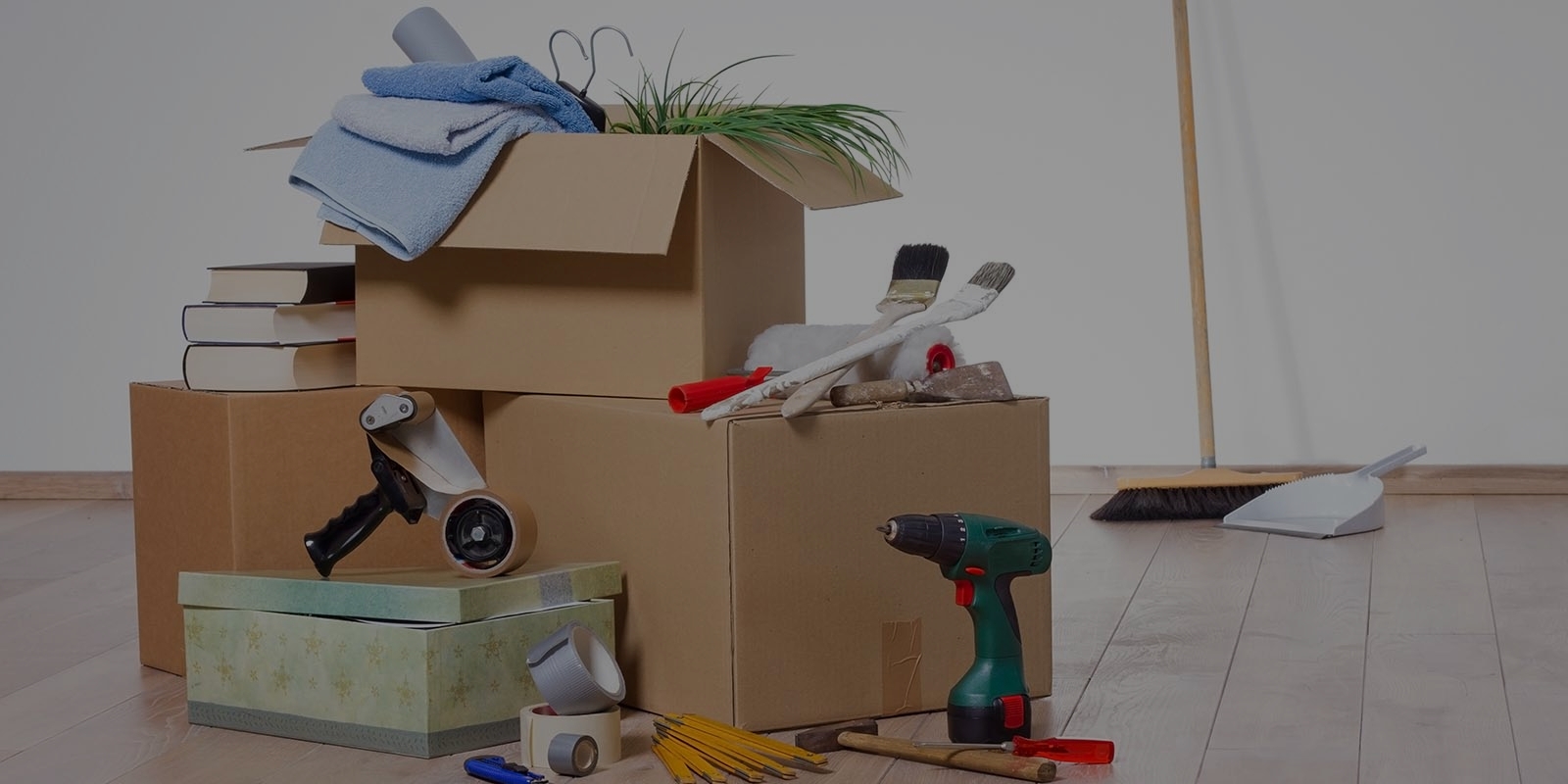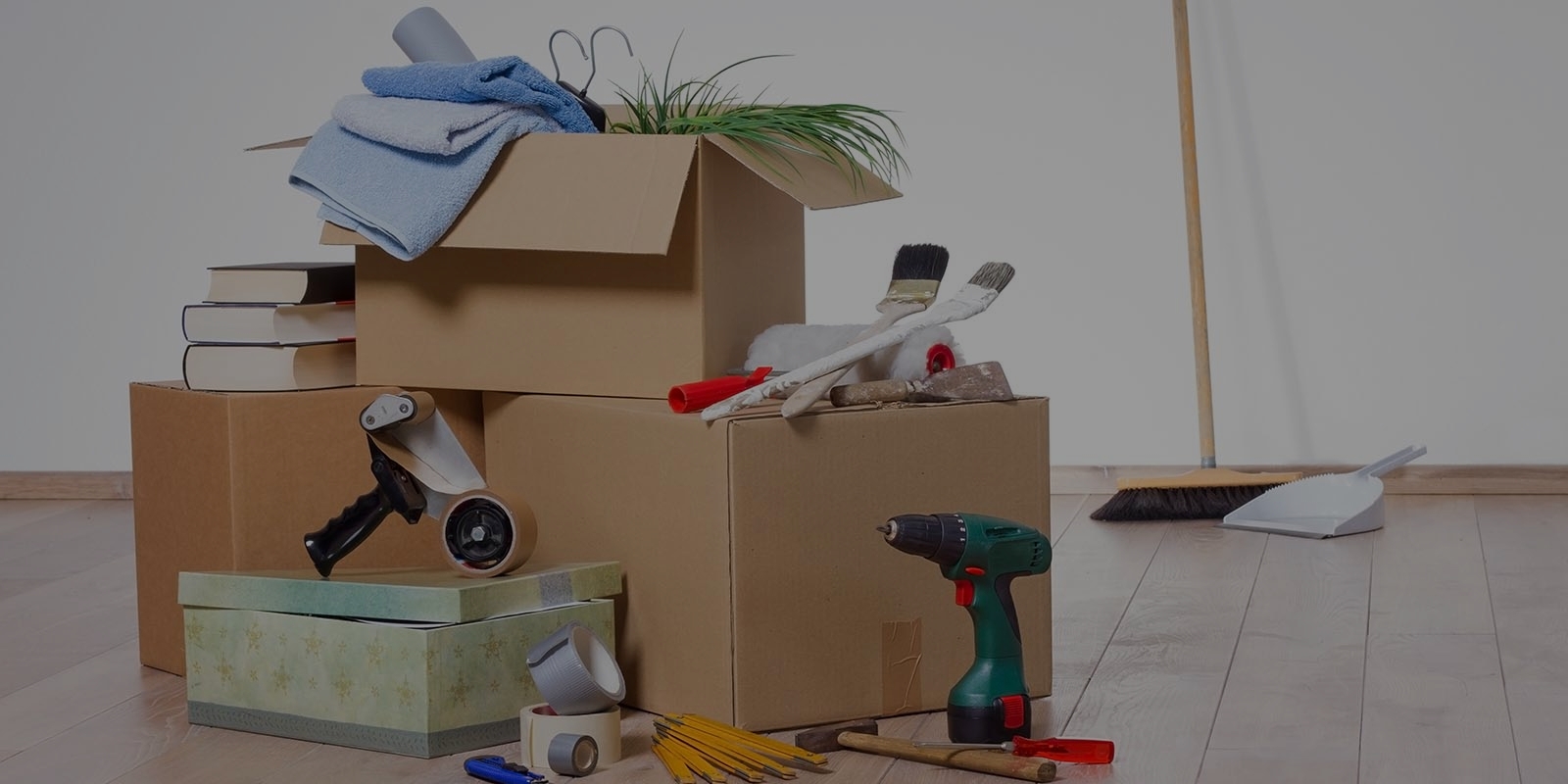Extend Your Sofa's Life: Master Long-Term Storage Techniques
Posted on 17/05/2025
Extend Your Sofa's Life: Master Long-Term Storage Techniques
Your sofa isn't just a piece of furniture--it's a hub for comfort, family memories, and relaxation. Whether you're moving, redecorating, or saving beloved furniture for future use, knowing how to protect and store your sofa long-term is crucial. This comprehensive guide will teach you how to extend your sofa's life with expert strategies for long-term sofa storage.

Why Proper Sofa Storage Matters
Improper storage can lead to mold, mildew, pests, stains, and structural damage. Many people overlook the importance of correct storage procedures, resulting in irreversible damage--and an unnecessary expense to replace a beloved couch. By learning proper sofa storage techniques, you not only preserve your investment but also maintain its look and comfort for years.
Common Sofa Storage Mistakes to Avoid
- Wrapping sofas in plastic, causing moisture buildup
- Leaving furniture exposed to dust and pests
- Storing in damp or non-climate-controlled areas
- Neglecting to clean and prep the sofa
- Stacking heavy items on top of upholstered pieces
How to Prepare Your Sofa for Long-Term Storage
To extend your sofa's lifespan, preparation is everything. Careful cleaning, wrapping, and disassembly minimize damage risks over months or even years in storage.
1. Clean Your Sofa Thoroughly
- Vacuum Upholstery: Use a vacuum with a soft brush to remove dust, crumbs, and pet hair from every crevice for both fabric and leather sofas.
- Spot Clean Stains: Address spills and stains immediately. Use a fabric-appropriate cleaner or gentle soap solution. For leather, use a leather cleaner and conditioner to prevent cracking.
- Allow to Dry: Never store a damp sofa. Let it dry completely--this is vital to prevent mold and mildew growth during storage.
2. Disassemble When Possible
- Remove Cushions and Pillows: Store loose cushions separately in breathable covers or vacuum-sealed bags (ideal for fabric, but not for down-filled cushions).
- Detach Legs and Arms (if possible): Follow the manufacturer's guide to safely remove any detachable elements. This reduces stress on the frame and makes the sofa easier to transport and store.
3. Protect With the Right Materials
Using the wrong materials to wrap your sofa can lead to condensation and subsequent mold or mildew issues. Instead, opt for:
- Moving Blankets or Furniture Pads: Offer a protective, breathable layer while preventing dust buildup and minor scratches.
- Fabric Covers: Old sheets or cotton covers provide protection without trapping moisture.
- Never Use Plastic Wrap: Plastic traps humidity, promoting mold, mildew, and degradation of upholstery and the frame.
Choosing the Best Long-Term Sofa Storage Location
Where you store your sofa matters just as much as how you prepare it. Picking the right environment protects your sofa from climate, pests, and avoidable wear.
1. Opt for Climate-Controlled Storage Units
Temperature fluctuations, high humidity, and extreme heat or cold wreak havoc on furniture--especially wood frames and upholstery. Climate-controlled storage units maintain stable temperature and humidity, preserving your sofa's condition over the years.
- Ideal Storage Temperature: Between 55?F and 80?F (13?C to 27?C)
- Relative Humidity: Should never exceed 50% to prevent mold and warping
2. Consider Storage Facility Security and Cleanliness
A clean, secure storage unit not only keeps your furniture safe from theft, but also reduces the risk of pest infestations or accidental damage.
- Look for: Surveillance cameras, gated access, pest control policies
- Inspect Before Storing: Ensure there are no water leaks, mold, or pest activity in the unit.
3. Avoid Home Attics, Sheds, and Basements
These locations typically experience wild temperature fluctuations, high humidity, and potential for flooding or pest invasions. Whenever possible, choose purpose-built storage units for long-term protection.
Pro Tips for Safe, Long-Term Sofa Storage
1. Elevate Your Sofa Off the Floor
Even in top-quality facilities, accidental flooding or condensation can occur. Use wooden pallets or blocks to keep your sofa at least 6 inches above the ground. This also improves airflow, further protecting your couch.
2. Allow for Adequate Airflow
Don't press your sofa against walls. Leave space around each item in your storage unit so air can circulate, reducing the risk of mold or stale odors. For leather sofas, this is especially critical to prevent cracking and mustiness.
3. Avoid Stacking Heavy Items on Your Sofa
Avoid the temptation to use your sofa as a shelf. Heavy boxes or other furniture can dent, warp, or permanently deform the structure and cushions over time.
4. Periodically Check on Stored Sofas
If possible, revisit your storage unit every few months. Look for signs of pests, moisture, or odd smells. Quick action can prevent permanent damage if problems develop.
5. Use Desiccants and Pest Deterrents
- Silica gel packs: Help absorb excess moisture around your sofa.
- Mothballs or Natural Repellents: Consider lavender sachets or cedar blocks for a more eco-friendly option.
Special Considerations for Different Sofa Types
Not all sofas are created equal. Your long-term storage approach should match your sofa's materials and construction. Here's how to adapt your storage technique:
Fabric Sofas
- Clean fabric thoroughly to remove food particles, which can attract pests.
- Use fabric-safe sprays to deter moths or insects.
- Avoid compressing cushions--this preserves their shape.
Leather Sofas
- Condition leather thoroughly to keep it supple.
- Store away from direct sunlight (even in storage) to prevent fading and cracking.
- Avoid airtight covers, which can cause leather to dry out or mildew.
Sectionals and Recliners
- Disassemble sections to minimize stress on connectors.
- Clearly label each section for easier reassembly.
- Protect mechanical parts with light oil and cover them to prevent dust build-up.
How to Restore Your Sofa After Long-Term Storage
No matter how careful you are, a sofa may need some TLC after long-term storage. Here's how to refresh your sofa for a second life in your home:
- Unwrap and inspect: Look for signs of mold, insect activity, or warping. Address issues promptly.
- Air out cushions and upholstery: Fresh air helps remove any lingering odors.
- Vacuum and clean: Use upholstery or leather cleaners for a deep refresh.
- Reassemble carefully: Reattach legs, arms, and sectional pieces according to original instructions.
- Fluff and reshape cushions: Beat or knead cushions to restore volume, or replace stuffing if necessary.

Sofa Storage FAQ
How long can a sofa last in storage?
With proper long-term storage techniques, a high-quality sofa can maintain its comfort, appearance, and structural integrity for many years. Climate control, pest prevention, and correct wrapping are crucial to maximizing longevity.
Can I store my sofa in a garage?
Garages are rarely climate-controlled and often experience humidity, temperature swings, and pests--making them a poor choice for valuable sofas. If you must use a garage, invest in breathable covers, desiccants, and keep the sofa elevated. Still, a climate-controlled storage unit is strongly recommended for long-term storage.
Is it safe to wrap a sofa in shrink wrap?
No. Shrink wrap and other plastics trap moisture, increasing the risk of mold and mildew. Opt for breathable fabric or moving blankets to protect your upholstery and frame.
Should I disassemble my sofa for storage?
If possible, yes. Disassembling detachable parts reduces stress on joints, makes transportation easier, and better utilizes your storage space. Always keep fasteners and hardware in a labeled bag for reassembly.
How much does a storage unit cost for a sofa?
Costs vary by location and amenities, but a 5'x10' climate-controlled unit is usually ideal for a single large sofa, typically ranging from $50-$150 per month. Consider the value of your item when budgeting for storage.
Conclusion: Ready to Extend Your Sofa's Life?
Proper long-term sofa storage isn't just about keeping your couch out of the way--it's about preserving its beauty, comfort, and value for years to come. By focusing on cleaning, smart disassembly, breathable protection, and choosing an ideal environment, you're securing your investment against time and the elements. Take the time to master these sofa storage techniques, and when it's time to bring your sofa home again, you'll be amazed at how well it has endured.
Remember: every great family memory deserves a comfortable place to rest. Protect your sofa today for a lifetime of relaxing tomorrows.
- Clean thoroughly before storage
- Disassemble and protect detachable parts
- Stay away from plastic covers--choose breathable fabrics
- Choose climate-controlled storage units
- Elevate off the ground and allow air circulation
- Regularly check on your sofa during storage
Now that you've mastered long-term sofa storage techniques, your favorite place to relax can remain beautiful and inviting for many more years to come!
Latest Posts
Solo Lifting: Techniques for Moving Heavy Items Alone
Streamlining Your Belongings Before the Big Move
Tips and Tricks for Storing Your Freezer Safely During Downtime







